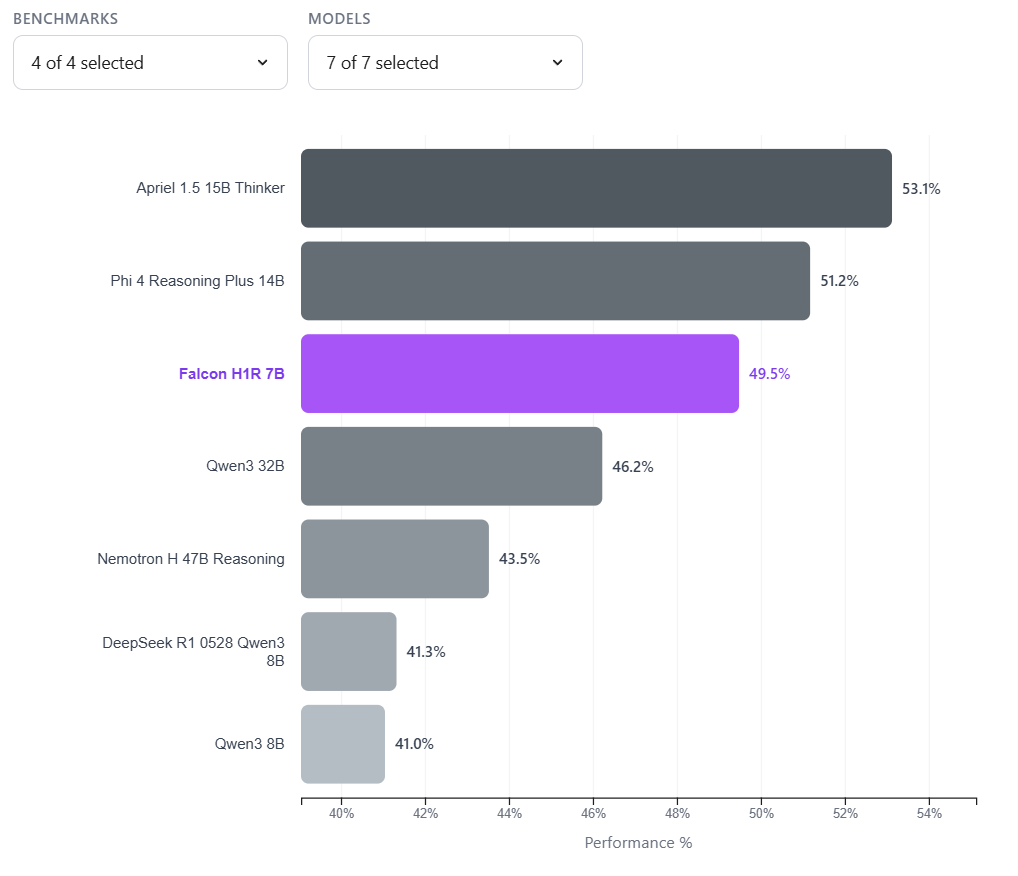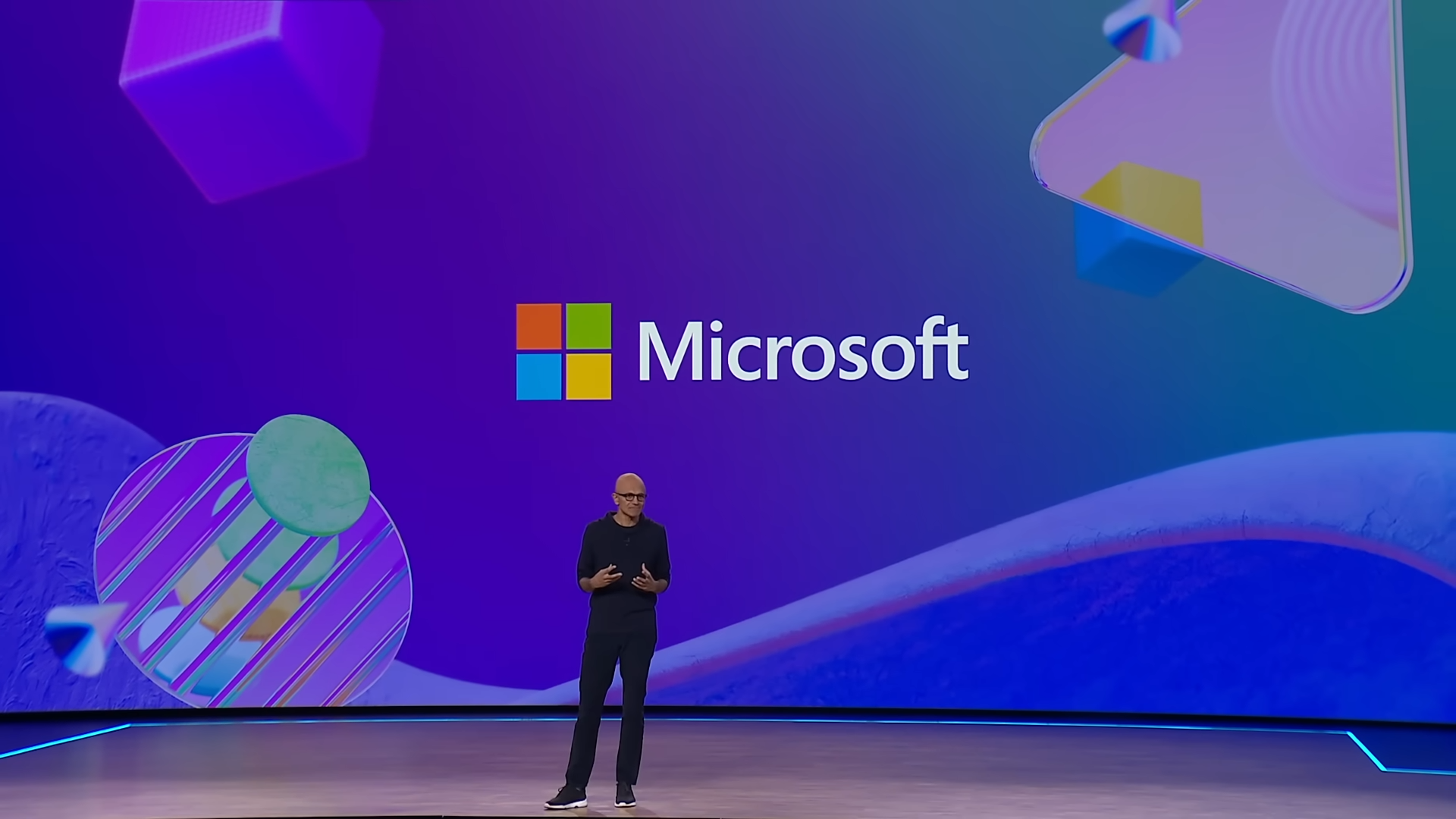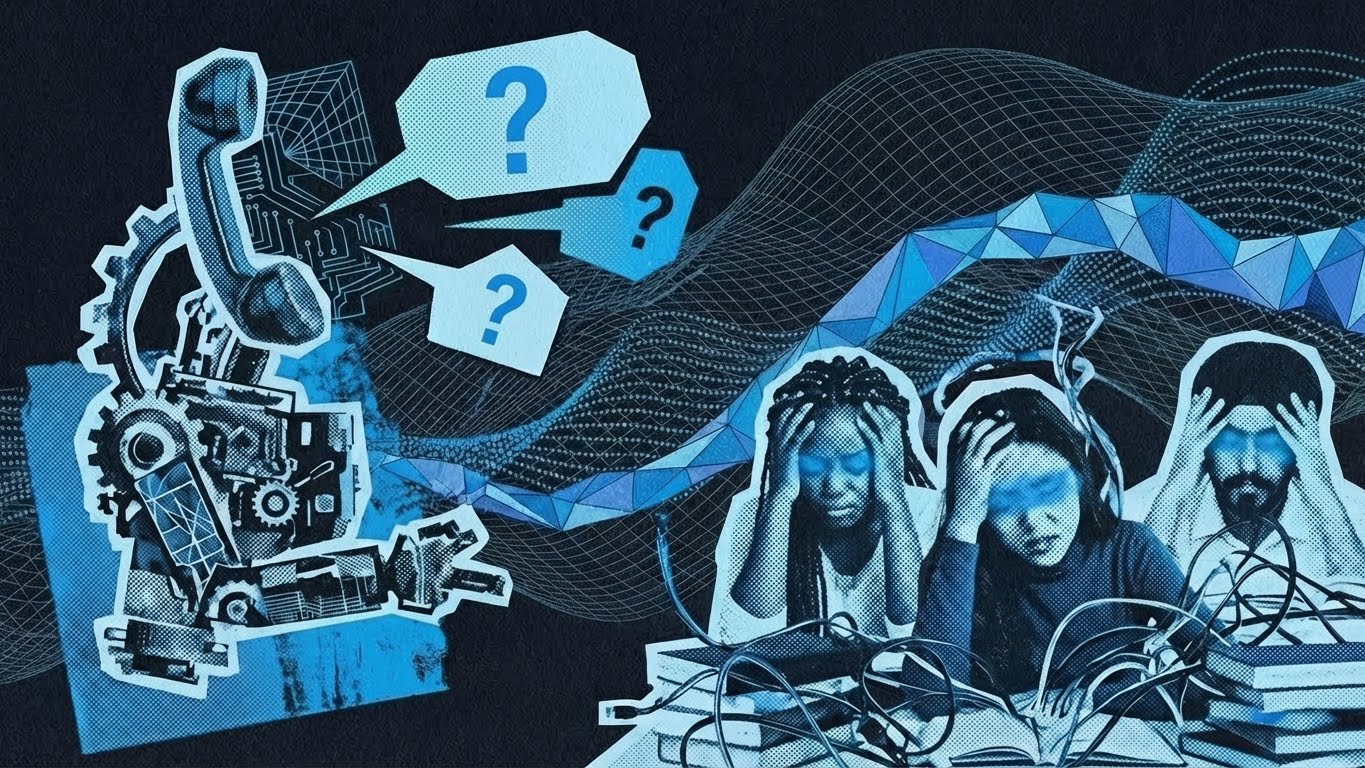Read full article about: Anthropic President Daniela Amodei says "the exponential continues until it doesn't"
"The exponential continues until it doesn't," says Anthropic President Daniela Amodei, quoting her colleagues. At Anthropic, the team believed every year that this pace couldn't possibly keep up, and yet it did, Amodei says in an interview with CNBC TV. But that's not guaranteed, she adds. Anthropic doesn't know the future either and could be wrong about this assumption.
Economically, things get more complicated, Amodei says (from 15:56). Even if the models keep improving, rolling them out in companies can stall for "human reasons": change management takes time, procurement processes move slowly, and specific use cases often remain unclear. The key question for whether AI is in a bubble comes down to whether the economy can absorb the technology as fast as it's advancing, she suggests.


